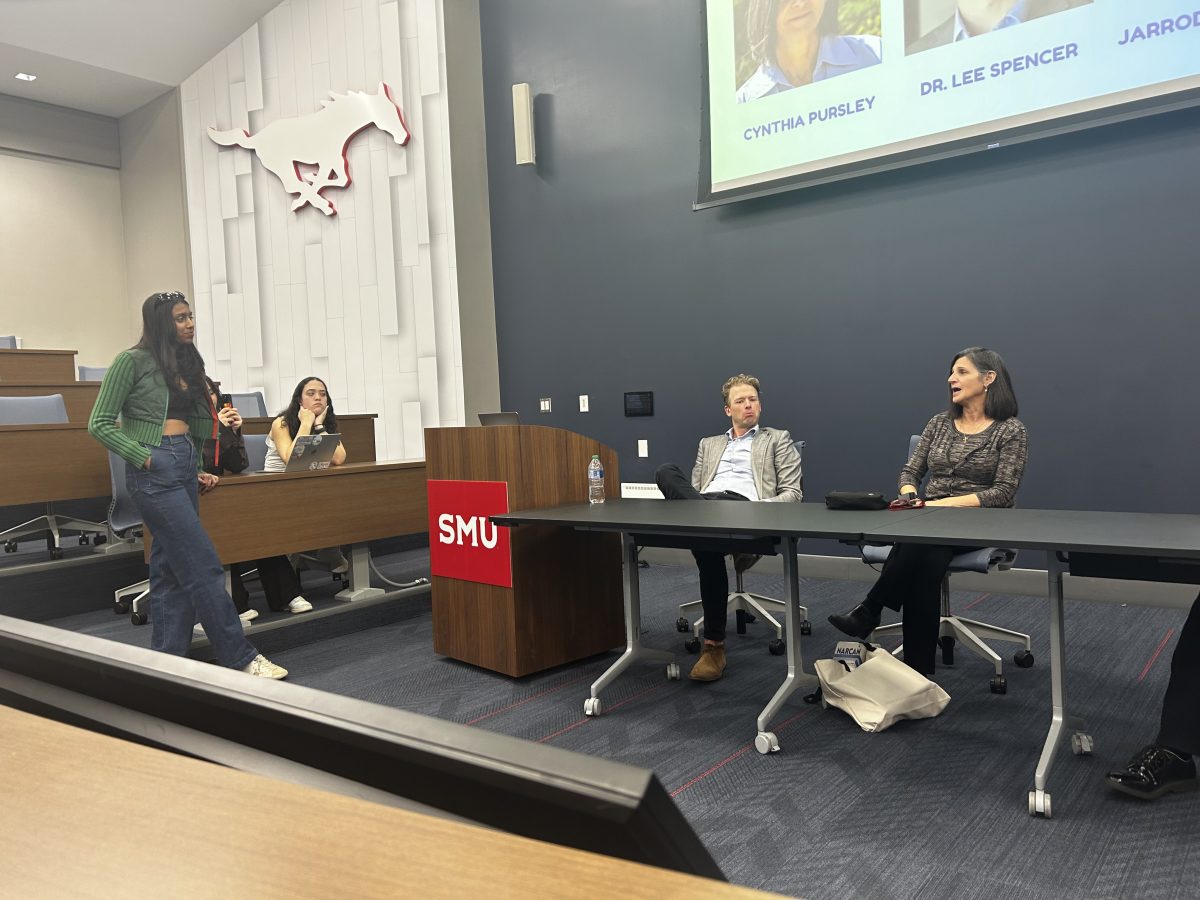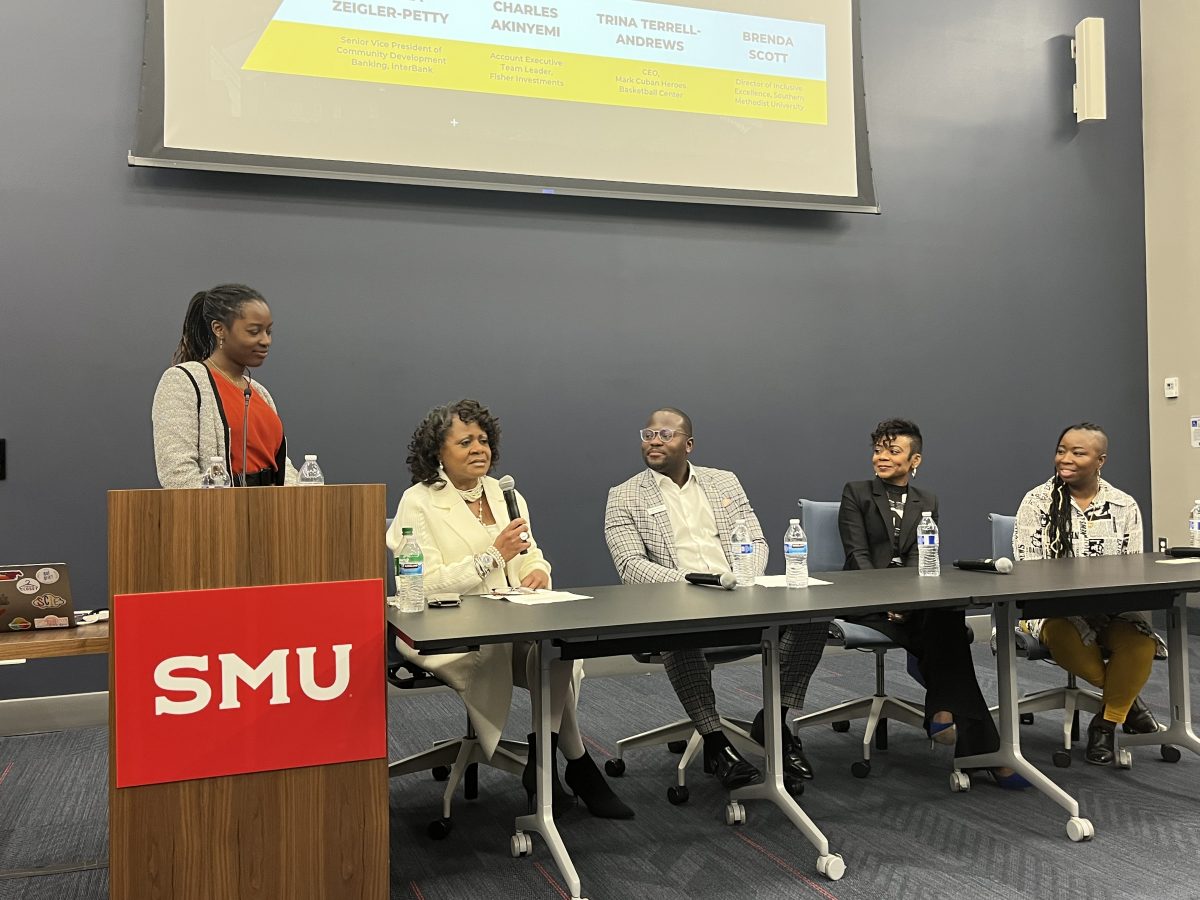With just a blender or food processor, raw foodists are cooking up a healthy lifestyle believing that cooking removes all nutrients from food, raw foodists just eat it raw.
“I’m very focused on reaching my full potential and to be the very best I can be on this planet and taking us forward to the next stage of evolution, wherever the heck we can go,” Raw foodist Justin Matthews said. “And really raw food for the majority, seems the way to do it.”
The vegan-like diet kicks the standard American diet to the curb. Instead of eating mostly rice, potatoes, bread and pasta, raw foodists eat mostly fruit, vegetables and seeds.
But some medical professionals are skeptical of raw foods’ nutritional value.
“You can’t just suddenly stop eating other healthy foods in your diet and just eat fruits and vegetables,” UT Southwestern Clinical Nutritionist Lona Sandon said. “You cannot live on just fruits and vegetables alone. You need nutrients that come from other sources.”
Raw Food Coach Suzy Edmonson hosts an intimate cooking class that teaches new foodists how to bring more raw food into their kitchen since going completely raw isn’t easy.
“It’s not an easy thing when you’ve been eating a certain way your whole life and suddenly change your mind and change your diet,” Edmonson said. “One of the things you can do to have the most impact on your friends and family is changing your own health.”
Changing to the raw food diet starts with a trip to a local grocery store or farmer’s market.
A number of foodists suggest purchasing organic food and prepping meals each day, but subscribers can adjust the diet as needed.
“It just looks different from who’s teaching it and who’s following it,” Edmonson said.
As raw food options continue to grow, more people will adopt the lifestyle.
SMU students don’t have to go far for raw food options. Fresh fruit and vegetables in raw form are available at Umphrey Lee and specialty grocery stores nearby. The Dallas Farmers Market is also available to students daily from 8 a.m. to 6 p.m.









